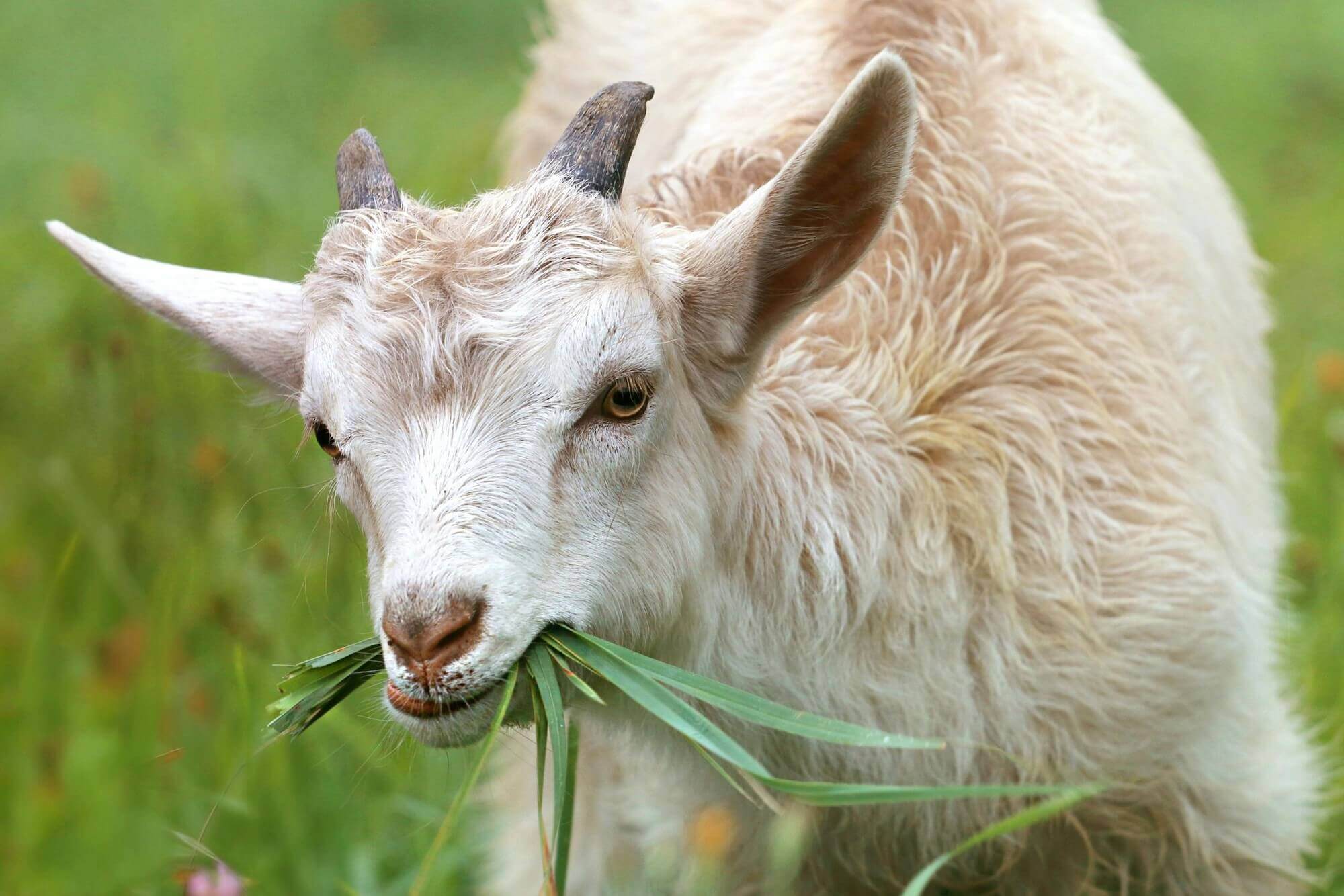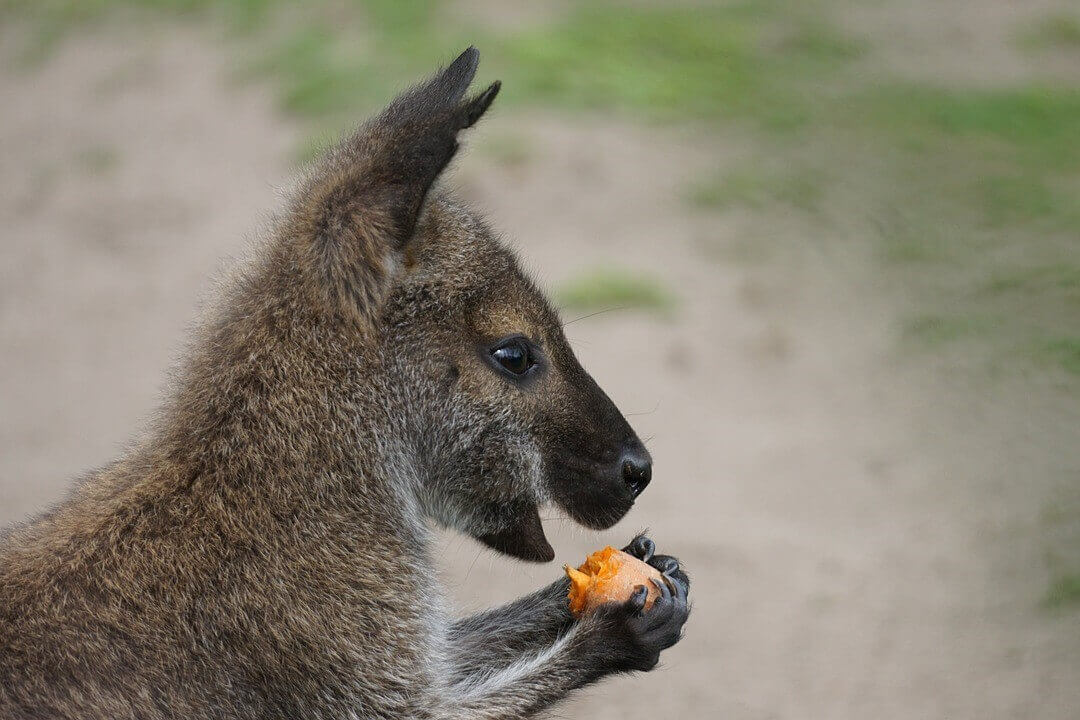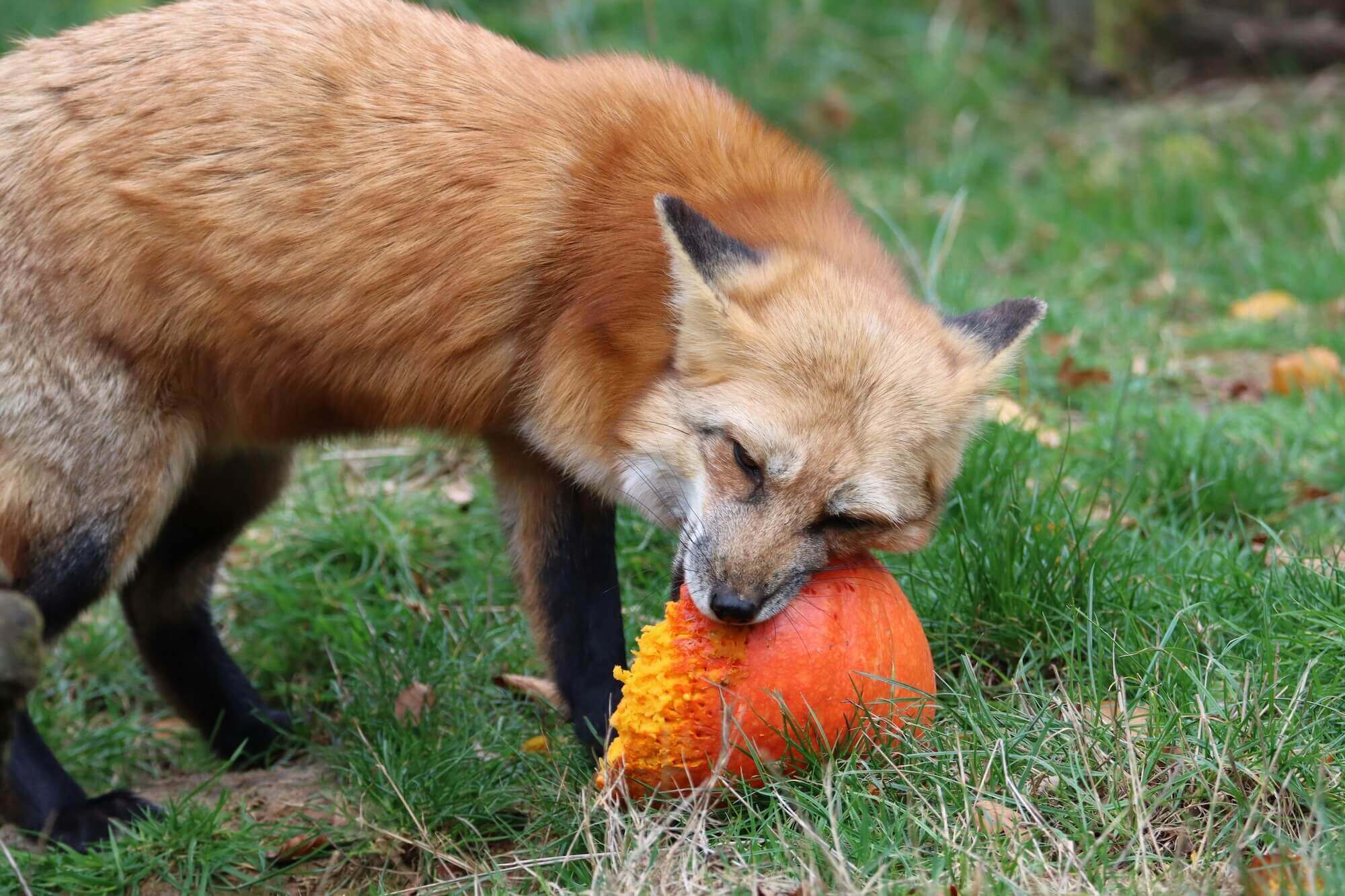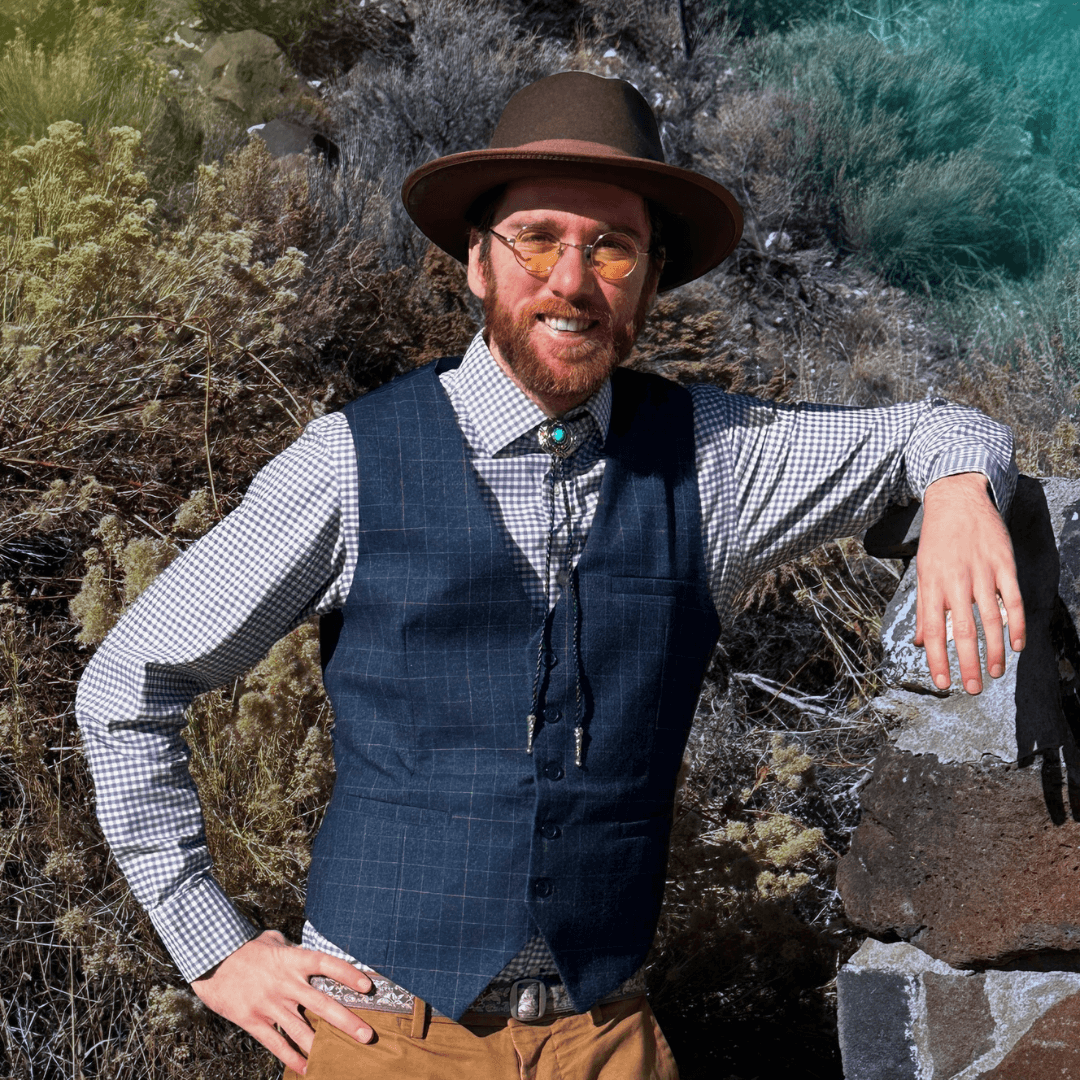Vegan Diet 101: Benefits and Resources to Get Started


As the popularity of veganism continues to rise,1 more and more people are discovering the delicious and diverse array of plant-based foods. The once-common misconception that vegan diets are bland and nutrient-deficient has become far less relevant, thanks to the incredible culinary innovations that have emerged in recent years. So, what is veganism all about, and why are more people choosing to adopt a vegan diet? In this blog post, we will explore the ins and outs of eating vegan, including its benefits, potential challenges, and ways to start eating vegan.
What Is a Vegan Diet?
A vegan diet is based on the philosophy and lifestyle of veganism, which aims to avoid all forms of animal consumption and cruelty. People who follow a vegan diet consciously choose not to eat animal products, such as meat, eggs, dairy, honey, and other animal-derived substances like gelatin or lard.
What Foods Make Up a Vegan Diet?
A vegan diet typically includes a wide range of plant-based foods such as fruits, vegetables, legumes, whole grains, nuts, seeds, and plant-based oils. In addition, vegans also consume fortified foods like cereal, juices, and nutritional yeast and take supplements to obtain extra nutrients.2 Thanks to plant-based alternatives like tofu, tempeh, and meat substitutes, as well as dairy alternatives derived from soy, almonds, or oats, vegans can enjoy many of the same meals they did before going vegan.
What Is the Difference Between a Vegan Diet and a Plant-Based Diet?
Veganism is an ethical stance, meaning vegans go beyond their dietary practices to also avoid animal-derived products such as leather and animal-tested cosmetics. Thus, the vegan diet is typically associated with individuals who follow a completely vegan lifestyle.3 On the other hand, the plant-based diet is not necessarily rooted in ethics and, in some cases, may include small amounts of animal-derived products.4
Why Do People Go Vegan?
There are several reasons why people choose to embrace a vegan diet. In a 2019 survey of over 12,000 vegans from 97 countries, more than two-thirds of participants said their concern for animal welfare was their primary reason for becoming vegan.5 Personal health and environmental benefits have also been cited as common motivators for adopting a vegan diet.6

How Healthy Is a Vegan Diet?
A well-planned vegan diet can meet nutritional needs and promote overall health while aligning with ethical and environmental considerations. Research suggests that a vegan diet offers several specific health benefits, such as lower cholesterol levels, improved blood pressure, weight management, and a reduced risk of heart disease, diabetes, and certain cancers.7
What Are the Benefits of a Vegan Diet?
In addition to its health benefits, adopting a vegan diet can be a highly effective way to avoid the damaging outcomes commonly associated with factory farming and animal agriculture in general.
Better for the environment
There is evidence that following a vegan diet can significantly reduce environmental destruction caused by animal agriculture and food production.8 One study found that vegan diets contributed to 75% less greenhouse gas emissions, water pollution, and land use compared to diets containing meat and dairy.9 The study also found that vegan diets had a 66% lower impact on biodiversity and used 54% less water than standard omnivorous diets.
Better for people
Although veganism alone cannot solve all of the humanitarian issues related to agriculture and food production, adopting a vegan diet can help reduce support for the specific harms caused by factory farming. Many public health threats arise from practices on factory farms, including transmission of zoonotic diseases, antibiotic resistance, and contamination of soil, water, and air in nearby communities.10 In addition, workers at factory farms endure quite harmful conditions; they are at risk of several occupational hazards, such as physical harm from animals or farm equipment, repetitive strain injuries, and psychological trauma due to the distressing and physically demanding nature of their work.11
Better for animals
Vegan diets reduce the overall demand for animal products, which reduces the need for large-scale factory farms. Fewer factory farms means that fewer cows, chickens, fishes, and other farmed animals will be born into lives of human-caused suffering.
Common Challenges on a Vegan Diet
As with any other way of eating, it is important for vegans to maintain a balanced diet. People who follow an unbalanced vegan diet are at a higher risk of developing iron, calcium, vitamin D, iodine, selenium, and B12 deficiencies.12 Overdependence on highly processed products, such as vegan junk foods and certain meat and dairy alternatives, can also negate the health benefits of a plant-based diet.13

How Can I Start a Healthy Vegan Diet?
Starting a healthy vegan diet requires careful planning to ensure you get all the nutrients you need while also satisfying your taste buds. This can be challenging without the guidance of experienced vegans. Fortunately, several organizations offer programs, resources, and recipe guides designed to make your vegan transition as smooth and delicious as possible!
Vegan pledge programs
- Gen V offers both 30-day and seven-day vegan challenges, the latter of which allows pledge-takers to choose between three focus areas: Vegan for Animals, Vegan for People, and Vegan for Health.
- Peace Advocacy Network (PAN) runs PAN Vegan Pledge, a 30-day program that provides hands-on support, a starter care package, and weekly meetings that include mentorship, cooking demonstrations, and speakers discussing veganism-related topics.
- Veganuary encourages people to try a vegan diet in January and beyond. Since 2014, millions of people have signed up for their 31-day vegan pledge, and they have worked with restaurants and food companies to make more vegan options available year-round.
Vegan recipe guides
- Food Empowerment Project offers vegan recipes for every meal of the day, plus meal ideas for eating vegan on a budget. Their four vegan recipe websites—Vegan Mexican Food, Vegan Filipino Food, Vegan Lao Food, and Vegan Chinese Food—are available in both English and their respective culture’s main language.
- Forks Over Knives features more than 50 vegan recipes on their website, including appetizers, lunch, dinner, snacks, and desserts!
Vegan educational resources
- Animal Outlook offers a free Vegan Starter Guide that covers the ins and outs of choosing meat-free, dairy-free, and egg-free foods. Its companion website, TryVeg.com, contains even more FAQs, meal ideas, and lifestyle tips for those transitioning to veganism.
The resources mentioned above are not comprehensive, but they can serve as a good starting point for those who are interested in adopting a vegan diet. Keep exploring different options until you find what best aligns with your goals and values.
To support organizations that make transitioning to a vegan diet easier and promote the development of new ones, please consider supporting Movement Grants.
About Selena Darlim
Selena joined ACE in September 2021. She is a longtime animal advocate with several years’ experience writing for nonprofits and media organizations. She holds a self-designed bachelor’s degree in Wildlife Conservation and Animal Advocacy, and she strives to continually expand her knowledge of human and nonhuman advocacy movements.
ACE is dedicated to creating a world where all animals can thrive, regardless of their species. We take the guesswork out of supporting animal advocacy by directing funds toward the most impactful charities and programs, based on evidence and research.
Join our newsletter
Table of Contents



